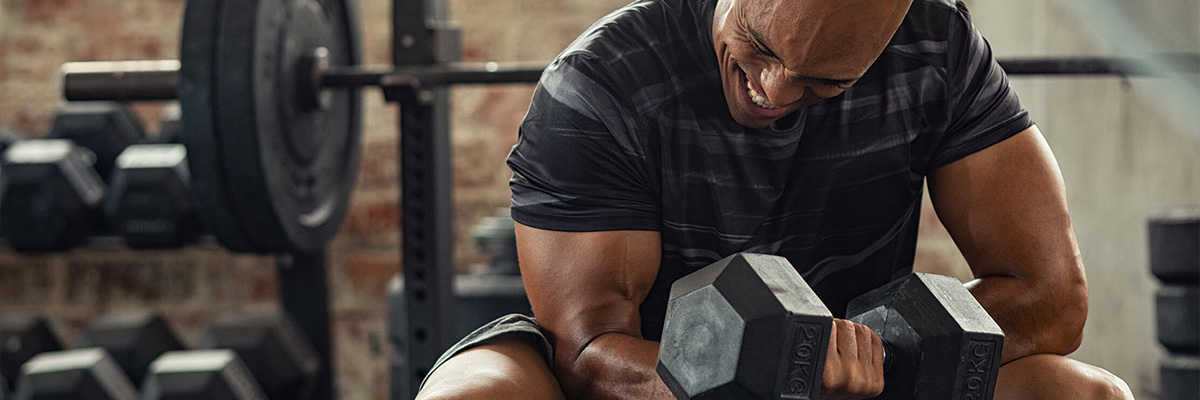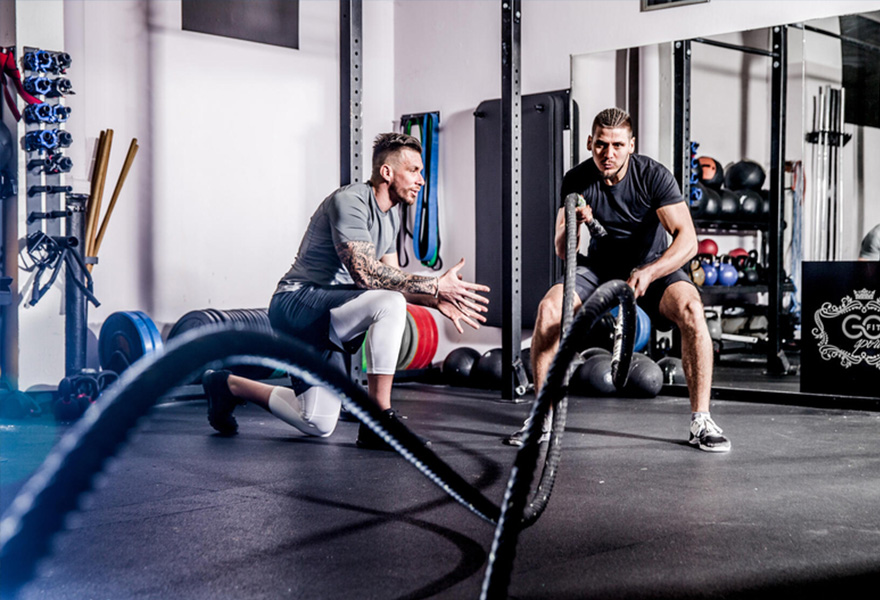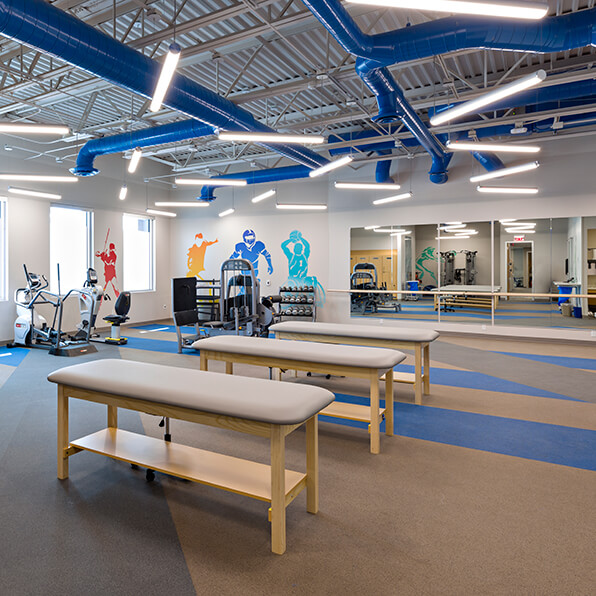In recent years, there’s been an explosion in high-intensity interval training as the new way for people to get fit and lose weight. With that trend has come increased awareness of a rare but serious condition called rhabdomyolysis. That’s when muscle cells break down and release a substance into the blood that can lead to kidney failure.
In this Mayo Clinic Minute, Dr. Chad Asplund, a Mayo Clinic sports medicine physician, explains what athletes at any level should know about rhabdomyolysis.
Watch: The Mayo Clinic Minute.
Pushing yourself past your limit during endurance training or performing excessive weightlifting may make you feel a sense of personal accomplishment. However, doing so can lead to a serious condition called rhabdomyolysis.
“Typically, in the strength training adaptation phase, you create a little bit of injury to the muscle, but the strength comes from when that muscle heals itself and you recover. Rhabdomyolysis happens when you create more injury to the muscle than your body can adapt to.
And when a muscle is severely damaged, its fibers can break down and leak a protein into the bloodstream that can get stuck in the kidneys.
“Rhabdomyolysis can cause kidney failure. It can cause multiorgan system failure. And it can become a big cascade where people can get really, really sick and people can even die from rhabdomyolysis.”
Symptoms to look out for include out-of-proportion muscle soreness and dark, brown-colored urine.
Dr. Asplund says to prevent rhabdomyolysis, take a gradual approach to training and listen to your body.
“If you feel like, “I can’t do another burpee,” then it’s probably time to stop rather than continuing to push through because that’s what the rest of the class is doing or that’s what your inner competitive self wants to do.”
___
For the safety of its patients, staff and visitors, Mayo Clinic has strict masking policies in place. Anyone shown without a mask was either recorded prior to COVID-19 or recorded in a nonpatient care area where social distancing and other safety protocols were followed.
Originally posted on the Mayo Clinic News Network.






